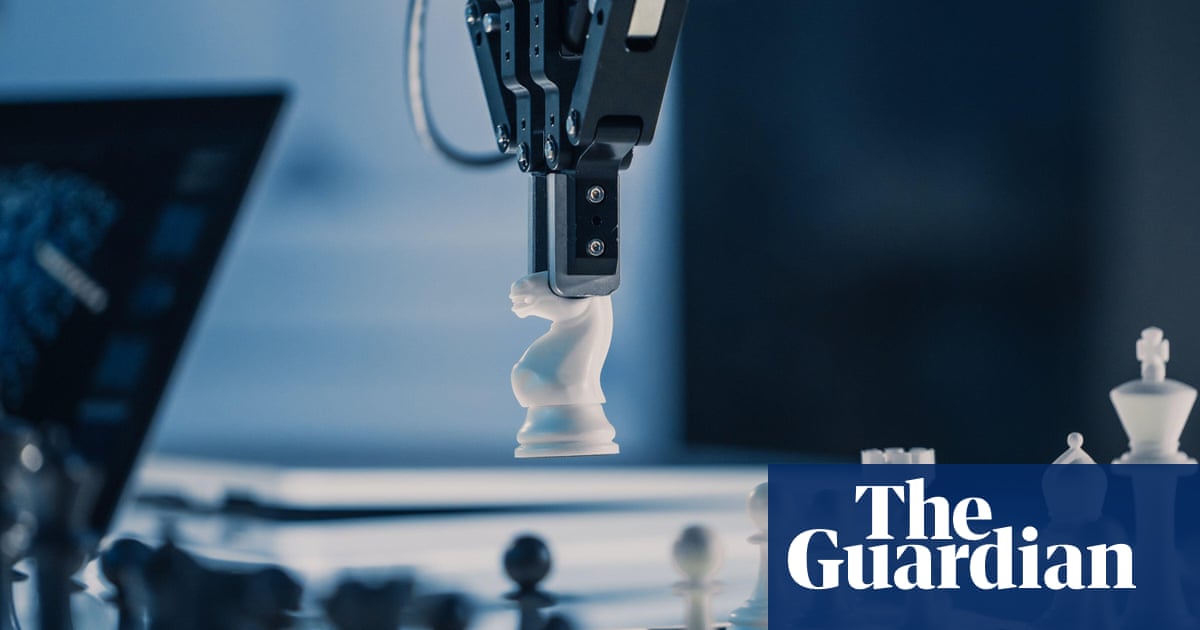#technological-change
#technological-change
[ follow ]
#artificial-intelligence #innovation #leadership #creative-destruction #ai #automation #future-of-work
fromBoston.com
2 months agoBoston's broadcast journalists are departing TV news in droves. Why?
There's one story on Boston's TV news stations that won't seem to go away: an exodus of on-air talent that has been depleting the ranks of local broadcasters in recent years. Big names including WBZ-TV's (Channel 4) Jon Keller and WHDH-TV's (Channel 7) Kim Khazei are just the most recent examples of the accelerating flight of journalists from the airwaves.
Boston
fromFortune
4 months agoEconomist awarded Nobel prize before his morning coffee or walking his dog: 'I had no clue that anything like this was going to happen' | Fortune
Three researchers who probed the process of business innovation won the Nobel memorial prize in economics Monday for explaining how new products and inventions promote economic growth and human welfare, even as they leave older companies in the dust. Their work was credited with helping economists better understand how ideas and technology succeed by disrupting established ways - a process as old as steam locomotives replacing horse-drawn wagons and as contemporary as e-commerce shuttering shopping malls.
World news
fromOpen Culture
5 months agoA 107-Year-Old Irish Farmer Reflects on the Changes He's Seen During His Life (1965)
Talk to a clear-head­ed 107-year-old today, and you could expect to hear sto­ries of ado­les­cence in the Great Depres­sion, or - if you're lucky - the Jazz Age seen through a child's eyes. It's no com­mon expe­ri­ence to have been formed by the age of radio and live deep into the age of the smart­phone, but arguably, Michael Fitz­patrick lived through even greater civ­i­liza­tion­al trans­for­ma­tion. Born in Ire­land in 1858, he sat for the inter­view above 107 years lat­er in 1965, which was broad­cast on tele­vi­sion.
History
fromEntrepreneur
6 months agoHow I Built a Business That Thrives Through Constant Disruption - and How You Can Too | Entrepreneur
It’s not just noise - it’s acceleration. Thanks to positive feedback loops like Wright's Law, the pace of technological change really is speeding up. Better tools lead to better tools.
Business
[ Load more ]





